OU News
News from The Open University
- Home
- Category: History
Category: History
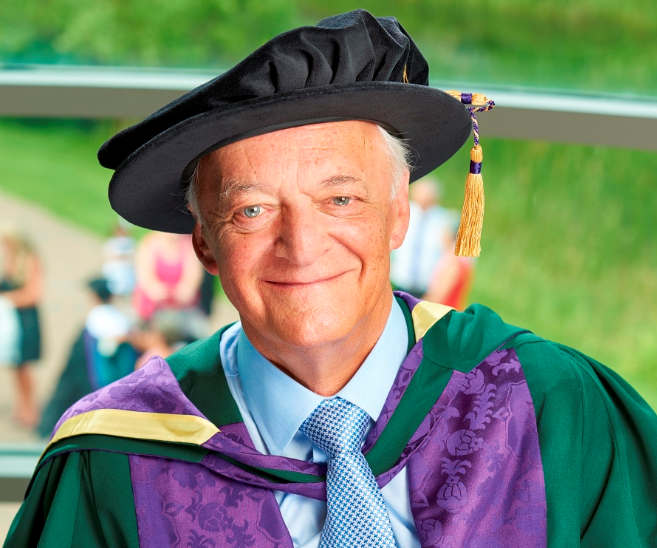
OU pays tribute to pioneering historian of crime and policing
Staff and colleagues around The Open University (OU) have been paying tribute to Emeritus Professor Clive Emsley, a founding member of the History Department at The Open University and one of the world’s foremost exponents of criminal justice history, who has died this month aged 76. Among his accolades Clive provided the first scholarly history […]
Read more about OU pays tribute to pioneering historian of crime and policing

Lockdown lessons from the history of solitude
David Vincent, Professor of History at The Open University writes for The Conversation about this history of solitude. When the poet John Donne was struck down by a sudden infection in 1623 he immediately found himself alone – even his doctors deserted him. The experience, which only lasted a week, was intolerable. He later wrote: […]
Read more about Lockdown lessons from the history of solitude
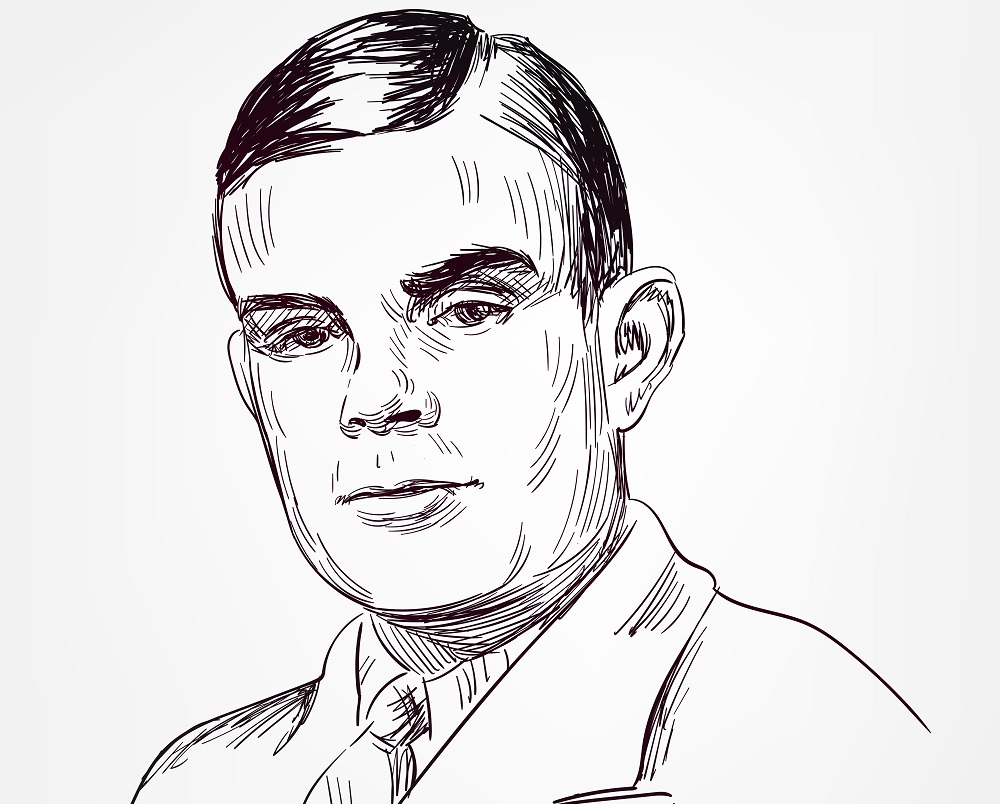
LGBT History Month: a retrospective on Alan Turing
February of each year is LBGT History Month, a month-long focus on lesbian, gay, bisexual and transgender history, with the overall aim of promoting equality and diversity, and increasing the visibility of the LGBT community. Professor Sophie Grace Chappell, Professor of Philosophy at The Open University, regularly writes about her own experiences as transgender, as well as discussing […]
Read more about LGBT History Month: a retrospective on Alan Turing
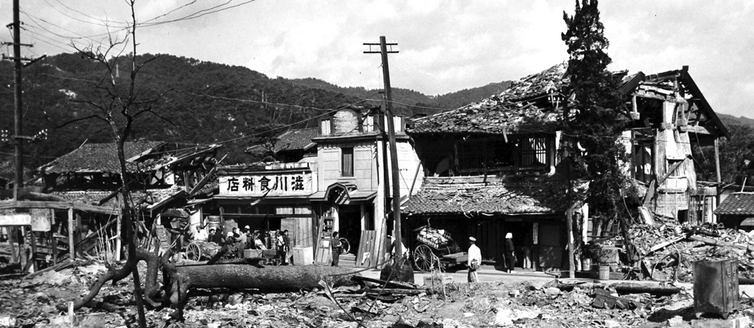
‘They died with stones in their mouths’: Hiroshima’s last survivors tell their stories
This article was written by Elizabeth Chappell, PhD Candidate, for The Conversation. At 84, Shoso Kawamoto is one of the few surviving hibakusha – the Hiroshima atomic bomb survivors – orphans, still telling his story. When I first interviewed Kawamoto for my work in 2012, I hadn’t come across tales of orphans in Hiroshima. The bomb, […]

Game of Thrones: imagined world combines romantic and grotesque visions of Middle Ages
Take the dragons and the zombies away from the television adaptation of George R.R. Martin’s epic A Song of Ice and Fire novels and you are left with the seemingly authentic portrayal of a pseudo-medieval world. Indeed, Martin was inspired by historical events such as the Wars of the Roses, the Crusades and the Hundred […]
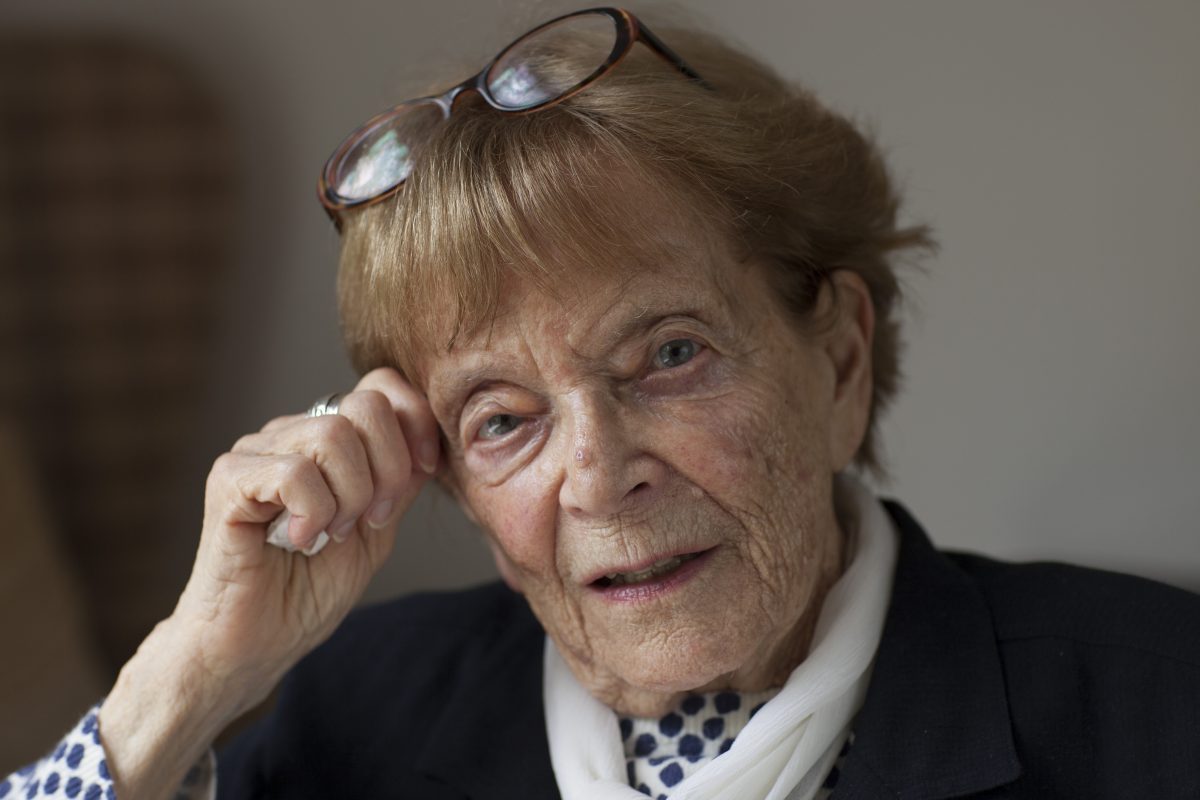
The remarkable story of Auschwitz survivor and OU graduate Evelyn Lipmann
The lives of hundreds of thousands of people have been transformed by their study at The Open University, but few can have valued it more than Evelyn Lipmann. Evelyn, now 94, enrolled for a Humanities degree in the early 1970s to help put behind her the horror of the Nazi concentration camps. Decades later, she […]
Read more about The remarkable story of Auschwitz survivor and OU graduate Evelyn Lipmann
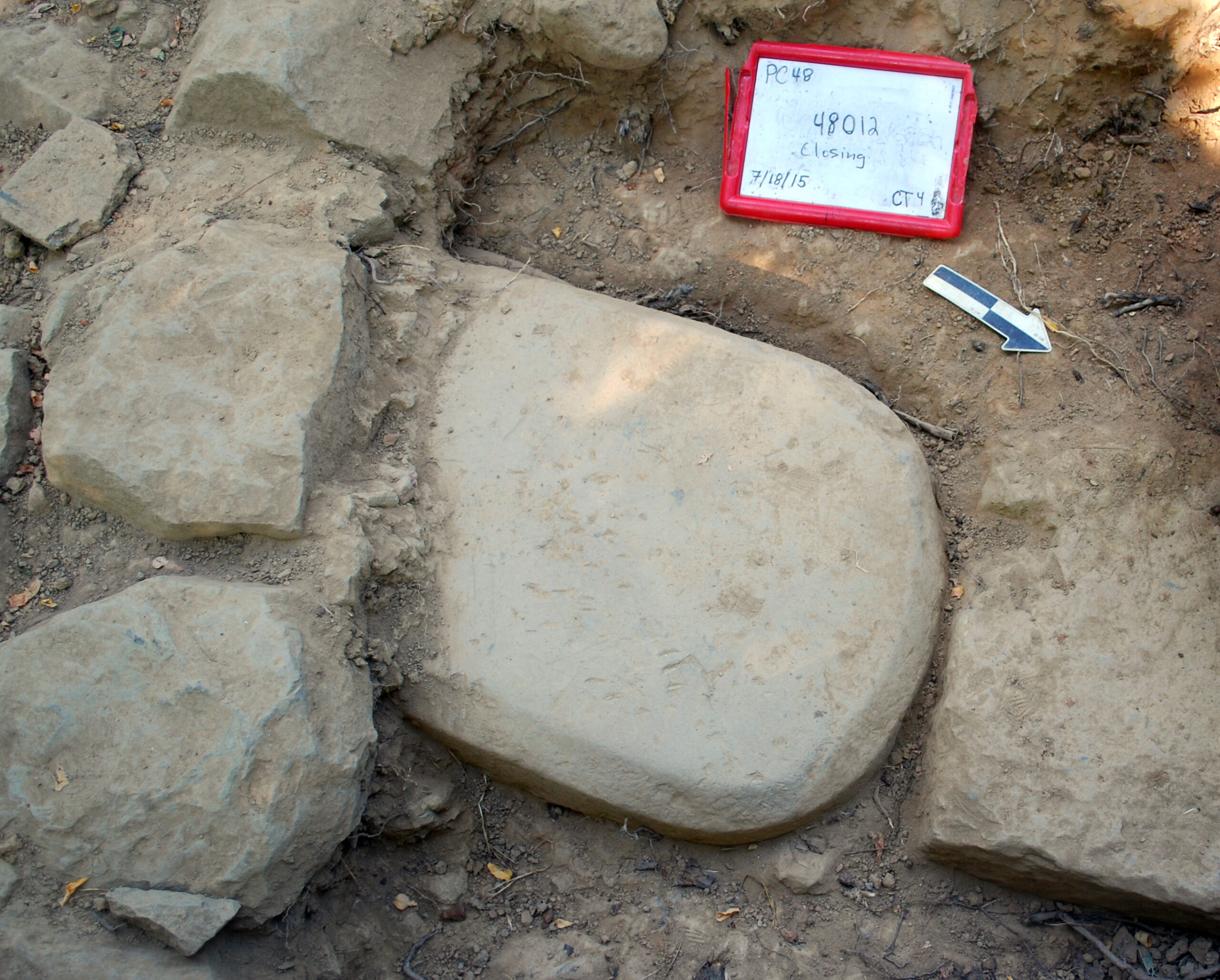
Ancient inscription offers insight into extinct language
A team of archaeologists has recently discovered a 2,500 year old stone on which is an inscription in an ancient, extinct language. We spoke to one of the academics leading on the project, Professor of Archaeology, Phil Perkins, about the impact of this on our understanding of the past: What is the ‘Etruscan Stele’? “Basically, […]
Read more about Ancient inscription offers insight into extinct language
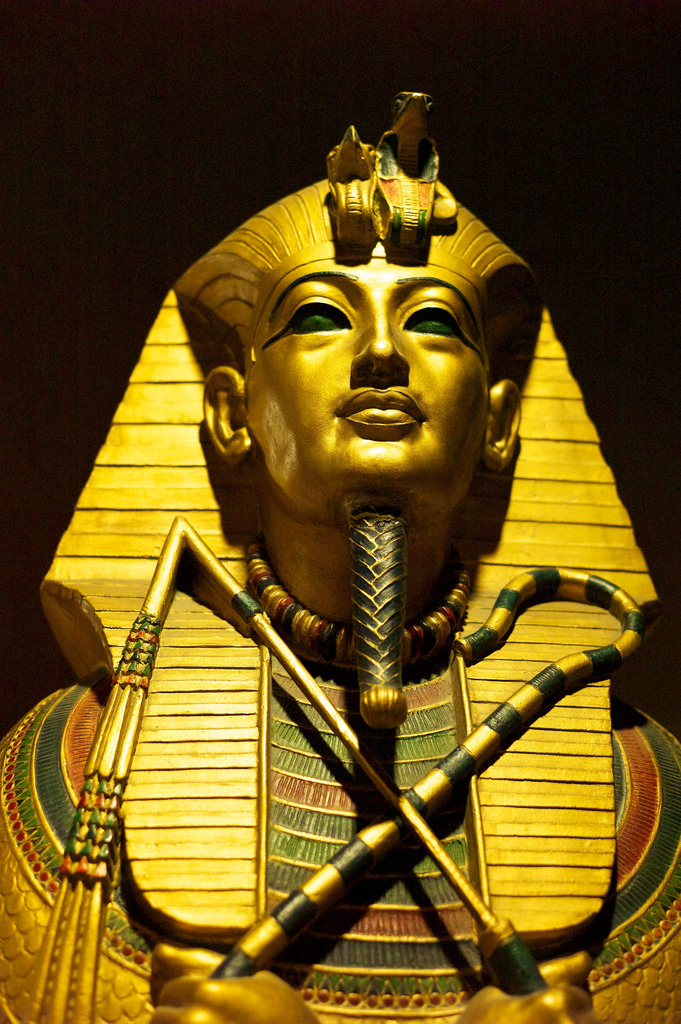
Why did Tutankhamun have a dagger made from a meteorite?
Scientists have long speculated that the ancient Egyptians used metal from meteorites to make iron objects. Now an analysis of a dagger found in Tutankhamun’s tomb has given us strong evidence that this was the case – and that the Egyptians knew the iron had come from the sky. But why did they use such […]
Read more about Why did Tutankhamun have a dagger made from a meteorite?
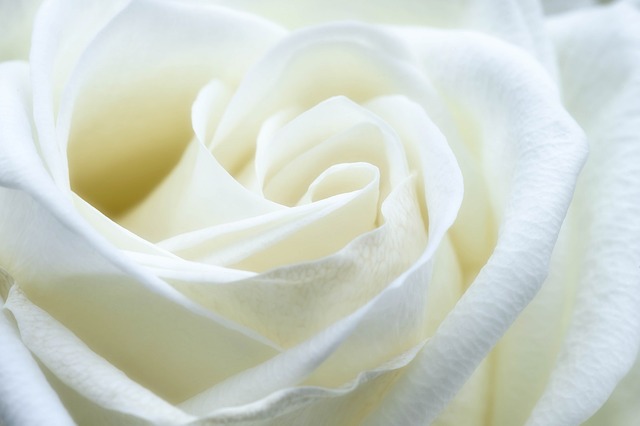
The obscure history of the ‘virgin’s disease’ that could be cured with sex
Female virginity, we’re increasingly told, is a psychological rather than a physical condition. It’s not something that can be “lost” or “taken”. Not every woman has a hymen, and it’s rarely some tough barrier that keeps a woman “closed” and which has to break and bleed; instead, it’s a flexible set of folds of mucous […]
Read more about The obscure history of the ‘virgin’s disease’ that could be cured with sex

‘Twas millennia before Christmas
Who doesn’t love Christmas? The tree standing proud, adorned with baubles, lights, and surrounded by gifts; the radio singing festive songs, whilst the turkey slowly roasts in the oven; and the family gathered around the television with the grandparents eagerly awaiting the Queen’s Christmas Speech. Where did it all begin? Reader in British History at […]
Page 3 of 4